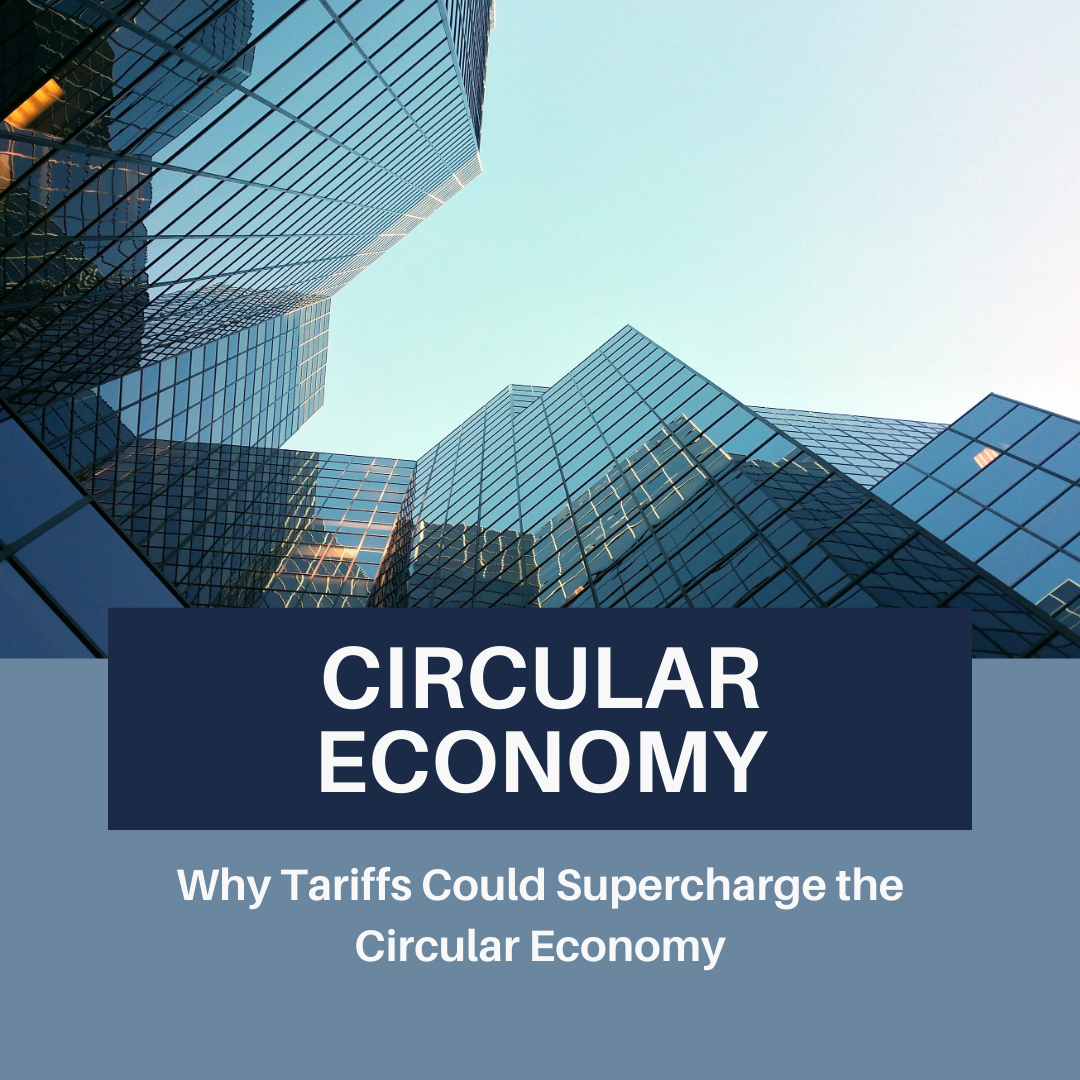Call me old-fashioned, but I still read the Financial Times Weekend edition in print. Beyond the highly engaging cultural supplements, it helps me track macro trends—because sooner or later, they have micro impacts.
Today, one trend stands out: tariffs. As new US trade restrictions ripple through global markets, one sector is poised for a major boost—the circular economy. From metal recycling to refurbished electronics, businesses that enable circularity could see fundamental improvements.
Take aluminium: the U.S. imports over 70% of its supply, primarily from Canada and China. If wholesale prices rise by 20%, recycled aluminium should follow suit. That’s a clear incentive for better recovery and recycling. The benefits? Lower supply chain risk, reduced delivery costs, and greater resilience to macro shifts.
We’re already seeing this in electronics. The secondary market for high-end data centre servers has surged—proof that tariffs are accelerating demand for refurbished tech.
And as I flip through my FT Weekend, I take comfort in knowing it’s partly printed on recycled paper. If similar tariffs hit the UK, locally sourced materials might just be its best hedge.
What’s your take? Are we about to see a turning point for circularity-driven industries?

Sebastian Foot
Co-founder of Bloom Sustainability Advisors.20+ years sustainable finance experience.



